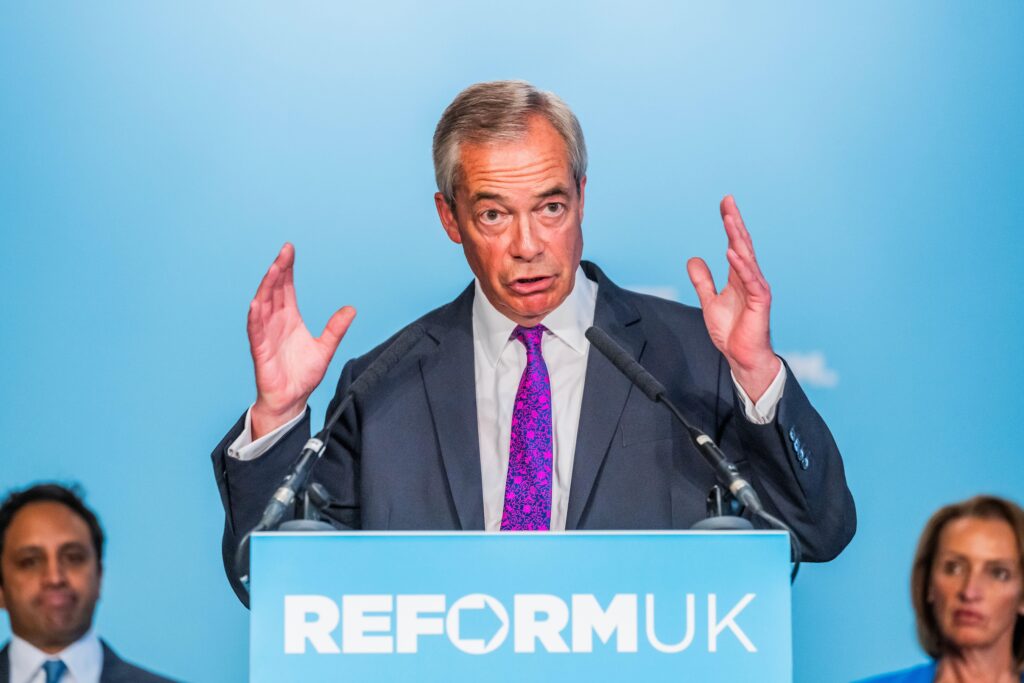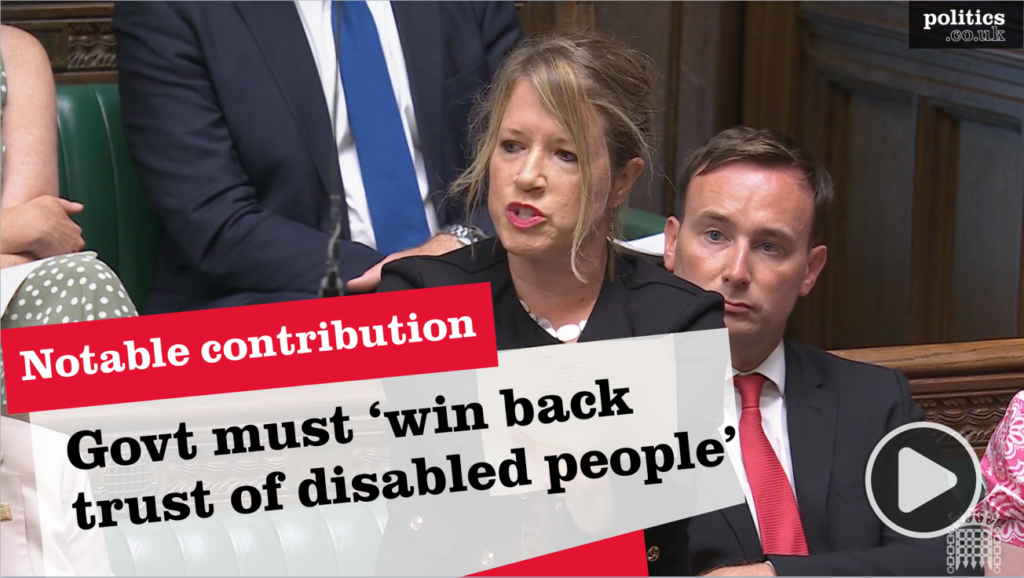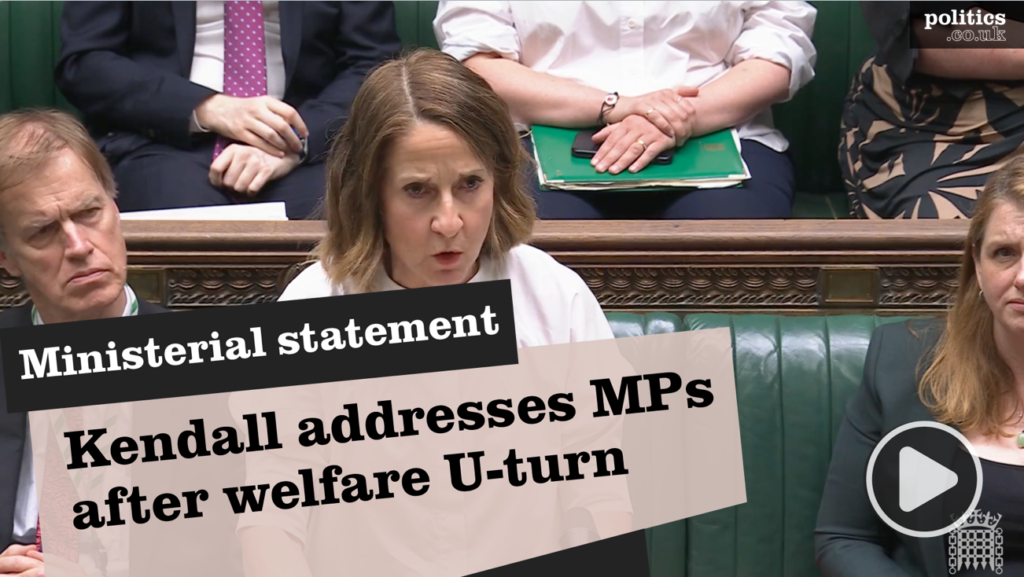Dead end for cosmetic surgery? Demand for regulation increases amid implants row
By Ian Dunt Follow @IanDunt
Pressure was building for the regulation of the cosmetic surgery industry today, amid continued concerns over low-grade silicon used in breast implants.
Health secretary Andrew Lansley will meet advisers today for discussions over possible regulations, while Labour heaped pressure on the government to force private companies responsible for the operations to foot the bill.
Shadow health secretary Andy Burnham said the government and the industry had failed to create confidence over the festive break, as thousands of women struggled to understand the risk of the operation.


"I believe we need to see a much stronger and clearer response from the government and the cosmetic surgery industry," Mr Burnham said.
He continued: "Patients' stories are emerging suggesting that the response from some private providers has been completely inadequate.
"For instance, it is simply unacceptable for women whose implants have ruptured, causing pain and discomfort, to be referred back to the NHS. They need urgent help."
Stephen Dorrell, chair of the all-party select committee on health, told the BBC that questions had been raised over regulation of the industry, which has enjoyed a boom in recent years due to greater cultural and social acceptance in the UK.
Fazal Fatah, president of the British Association of Aesthetic Plastic Surgeons, told the Guardian that the industry needed extensive regulation, including a mandatory referral to GPs for advice before surgery and a register of implants.
Advisers to the British government have recommended that all women in the UK who had breast implants by French company PIP should have them removed, despite differences of opinion over the chances of them rupturing.
French officials shut the manufacturer down in 2010 after they were found to be using industrial silicone for the prosthetics. The silicone is usually used in electronics and the implants have a higher chance of rupturing.
British authorities say the chance of rupture stands at one per cent, but the French believe it is 3.6%. Some estimates put the figure at seven per cent.
The row has shone a spotlight on the cosmetic surgery industry, with experts warning that it could be just the first scandal to hit a sector which operates with little oversight.
Experts are particularly worried about anti-aging injections, which are often performed by beauty therapists with just a few hours' training.
While products like botox are a medicine and must therefore be prescribed by a doctor, many fillers are bought and sold without any restrictions.












